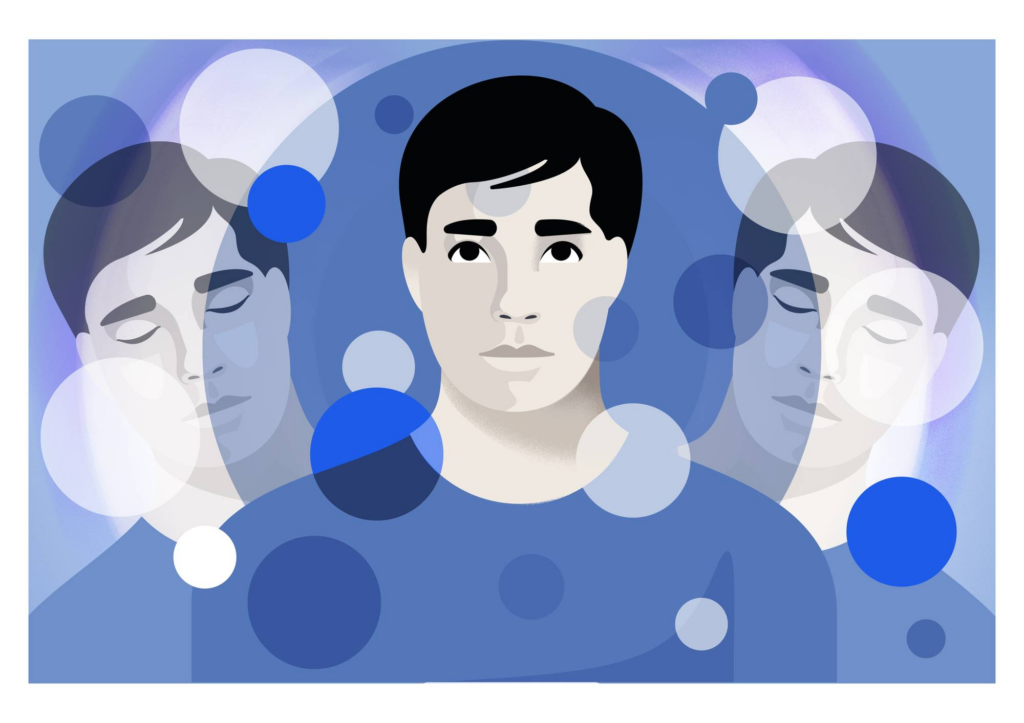Many have pondered how TikTok would affect society, particularly mental health. According to a groundbreaking University of Minnesota Twin Cities computer science study, the social networking platform and its algorithm can help and hurt mentally ill individuals.
The ACM Conference on Human Factors in Computing Systems will publish the paper. The April 23–28 conference will feature their research.
The University of Minnesota researchers found that TikTok helped many users discover themselves and build community. The TikTok algorithm also repeatedly exposed people to mental health-harming content, the researchers found.

People who have never used TikTok have a misunderstanding of what it is about.
Our research reveals that TikTok provides community and mental health information. However, consumers should also be aware of its mechanism, how it works, and when the system is offering them bad content.”
TikTok’s “For You Page” feed is dominated by a recommender system algorithm rather than postings from accounts you follow, unlike other social networking networks. The experts warned that this can lead to a never-ending rabbit hole of bad information.
“TikTok is a huge platform for mental health content,” said paper first author Ashlee Milton, a University of Minnesota computer science and engineering Ph.D. student. “People turn to social media for information and support. Many people said this mental health material was useful. The feed will eventually provide you more of the same stuff due to its design. It can go from beneficial to stressful and triggering.”

Researchers found impenetrable negative content spirals. TikTok’s “Not interested” button didn’t impact survey respondents’ feeds.
The research participants also found it hard to tell if TikTok creators are actually uploading emotional or dramatic mental health content or just “chasing clout” to attract followers and likes. Stress drove many users to take breaks or quit the platform.
TikTok isn’t bad, say University of Minnesota researchers. However, it is useful information to keep in mind when utilizing the site, especially for mental health.
“One of our participants jokingly called the For You page a ‘dopamine slot machine,’” Milton added. They said they kept scrolling to find a good post since they didn’t want to end on a terrible one. It’s crucial to notice and say, “Okay, let’s not do that.”
This is the first of Chancellor and Milton’s social media, TikTok, and mental health studies.
“Ashlee and I are interested in how platforms may promote harmful behaviors to a person so that we can design strategies to mitigate those bad outcomes,” Chancellor said. Interviewing people about their TikTok experiences is the first step. Before computer scientists build a solution, we need inputs from people.”

